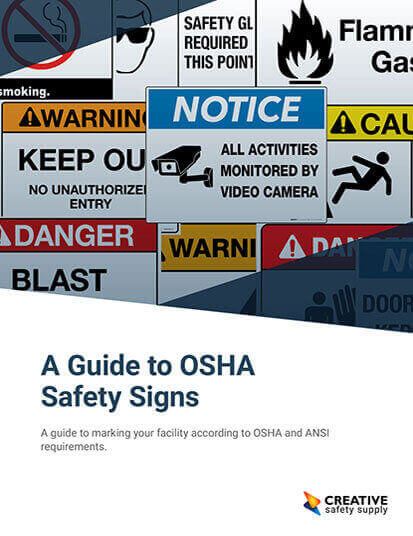
NEC, or the National Electrical Code, is a set of standards related to the way that electrical wiring should be installed in the United States. NEC is also known as NFPA 70. This set of standards is not actually a federal law, but rather a set of best practices that are followed by most companies. The standards set forth by the NEC, however, have been separately adopted by many governmental agencies so they are often enforced by law.
Whether a specific code within the NEC is mandated by local, state, or federal law or not, it is almost certainly going to be a good idea to follow. The NEC has an excellent reputation for keeping up with the latest trends and technologies within the world of electronics and electrical systems. Because of this, they can create recommendations and codes that help to keep people safe in virtually all environments.
The NEC creates codes that are intended to keep facilities safe when electrical systems are installed, and for as long as they are used. Since electrical systems have so much potential for danger related to arc flashes, fires, electrocution, and more, it is important to ensure that all safety best practices are followed.
Any electrician who wants to become licensed will need to become very familiar with the various requirements and recommendations that are identified by the NEC. These codes are commonly found in handbooks that electricians often have with them so they can make sure that they are following the requirements to comply with the NEC. Building owners, or the people having a building built, will generally want to make sure that the electricians are following the NEC requirements to ensure their facilities will be safe now and for many years to come.
Similar Glossary Terms
- International Fire Code (IFC)
- NFPA
- Authority Having Jurisdiction (AHJ)
- Wire Colors
- NIST
- NEMA
- GMP
- NFPA 120: Standard for Fire Prevention and Control in Coal Mines
- Neutral Wire


